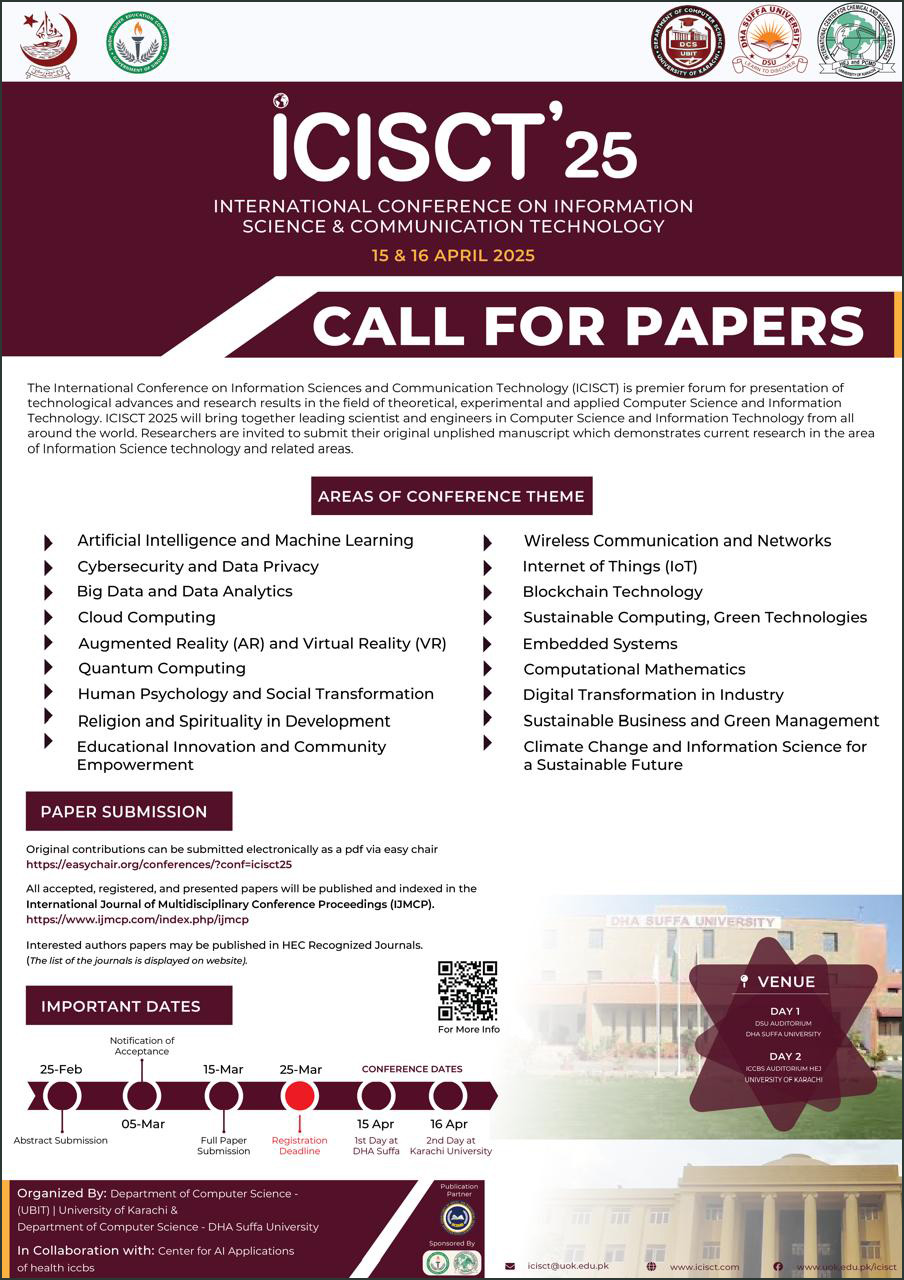Relationship between Food Consumption and Food Literacy among University of Sargodha Students
Keywords:
Food Consumption, Food Literacy, University StudentAbstract
This study investigates the relationship between food consumption and food literacy among students. The current study is quantitative in nature. The population of this study comprised students at the University of Sargodha, and a sample of 150 students was selected. Data were collected using questionnaires. SPSS was used to analyze the raw data. Descriptive statistics, Correlation, and Regression analysis were used to analyze the results. The findings reveal a strong positive correlation (r = 0.731, p = 0.000) between food literacy and food consumption. Regression analysis further confirms the predictive power of food literacy, accounting for 53.4% of the variance in food consumption (R² = 0.534, p = 0.000). The statistical significance of these results underscores the critical influence of food literacy on dietary habits. The study also demonstrates that the regression model is robust (F = 168.344, p = 0.000), with coefficients (B = 0.825, β = 0.731) indicating that increased food literacy leads to significant improvements in food consumption patterns. This research contributes to the growing body of literature on food literacy and its role in promoting healthier eating habits.





